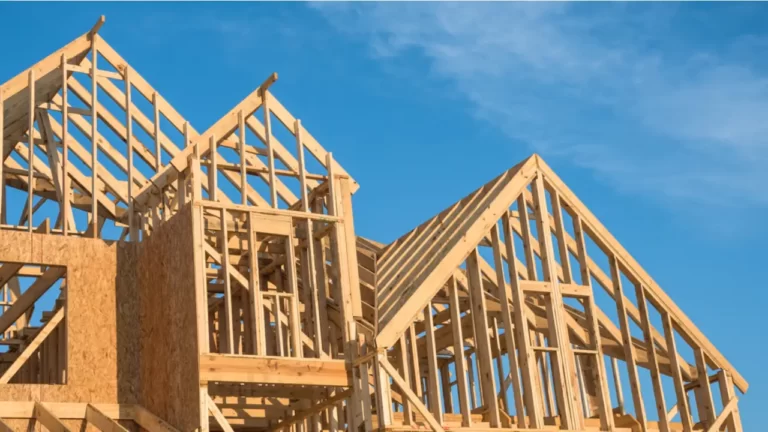When homeowners refinance their mortgage, they may have concerns about losing equity in their home. Equity refers to the difference between the current value of the home and the outstanding balance of the mortgage. Refinancing involves taking out a new mortgage to replace the old one, so it’s natural to wonder if this process could negatively impact a homeowner’s equity. In this article, we’ll explore the question of whether refinancing causes homeowners to lose equity and provide information to help homeowners make informed decisions.
What is Refinancing?
Refinancing is the process of taking out a new mortgage to replace an existing one. There are several reasons why homeowners may choose to refinance their mortgage, such as to take advantage of lower interest rates, shorten the term of the loan, or switch from an adjustable-rate mortgage to a fixed-rate mortgage.
When refinancing, homeowners will typically go through a similar process as they did when first obtaining their mortgage. This includes shopping around for lenders, submitting an application, providing documentation, and paying closing costs. The new loan will then pay off the existing mortgage, and the homeowner will begin making payments on the new loan.
Do You Lose Equity When You Refinance?
The short answer is no, refinancing does not cause homeowners to lose equity. Equity is determined by the market value of the home and the outstanding balance of the mortgage. When refinancing, the new loan will pay off the old one, but the equity in the home remains the same.
In fact, refinancing can actually increase a homeowner’s equity by lowering the interest rate or shortening the loan term. Lowering the interest rate means more of each payment goes towards paying down the principal balance, which increases equity. Shortening the loan term means paying off the mortgage faster, which also increases equity.
However, there are some circumstances where refinancing could lead to a loss of equity. For example, if the new loan has a higher interest rate than the existing mortgage, the homeowner may end up paying more in interest over the life of the loan. This could result in slower equity growth than if they had kept the original mortgage.
Additionally, if the homeowner takes cash out of the equity when refinancing, it could potentially reduce the equity in the home. This is because the new mortgage will be larger than the old one, and the cash-out portion will increase the outstanding balance. However, this isn’t a guaranteed outcome and depends on the specifics of the refinance.
Factors to Consider When Refinancing
While refinancing doesn’t necessarily cause homeowners to lose equity, it’s important to consider all the factors when deciding whether to refinance. Here are some things to keep in mind:
- Closing costs: Refinancing can come with closing costs, which can be several thousand dollars. Homeowners should factor in these costs when deciding whether to refinance, as they can affect the overall savings.
- Interest rates: Homeowners should shop around for the best interest rates when refinancing. Lowering the interest rate can save money over the life of the loan and increase equity.
- Loan term: Shortening the loan term can increase equity by paying off the mortgage faster.
- Cash-out refinance: Taking cash out of the equity can potentially reduce equity in the home, so homeowners should carefully consider whether this is the right option for them.
- Overall financial goals: Homeowners should consider their overall financial goals when deciding whether to refinance. Refinancing may be a good option for some, but it’s not always the right choice for everyone.
Conclusion
Refinancing can be a valuable tool for homeowners to save money and achieve their financial goals. While there are some situations where refinancing could lead to a loss of equity, it’s not a guaranteed outcome. Homeowners should carefully consider all the factors







